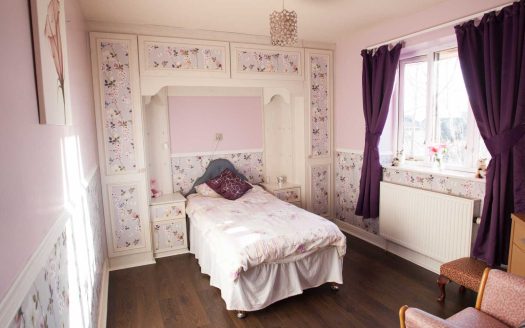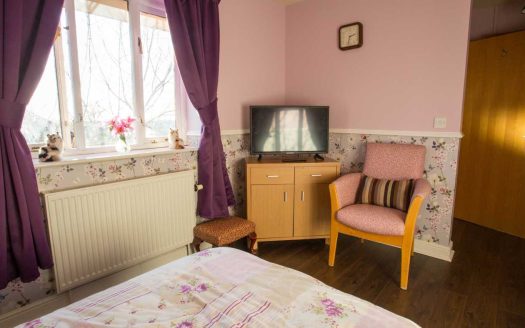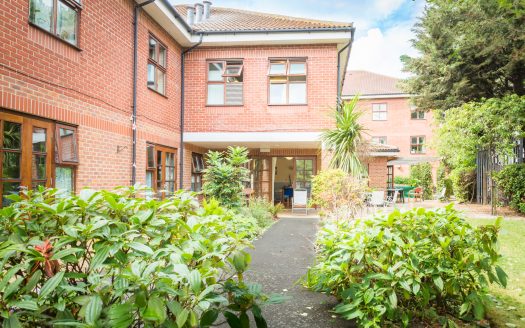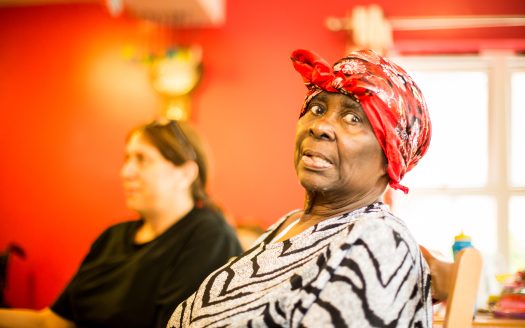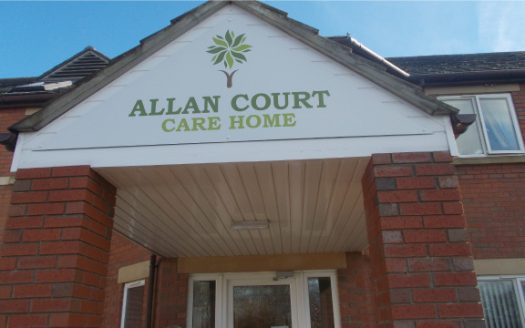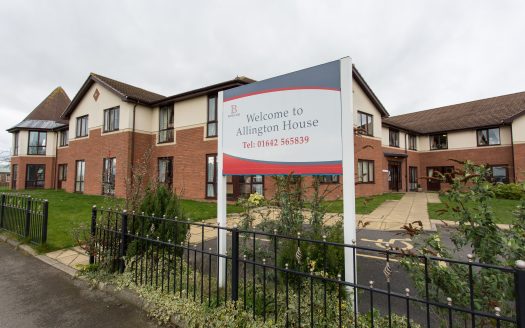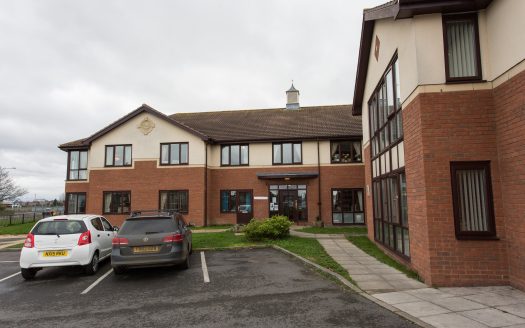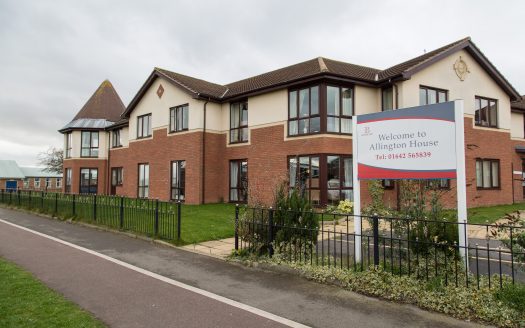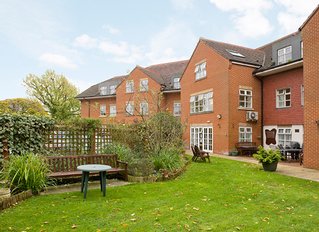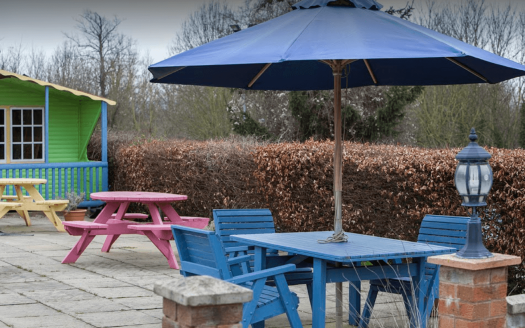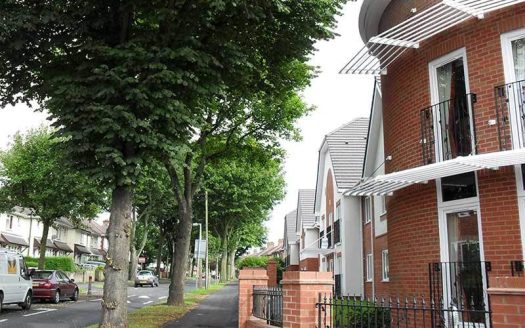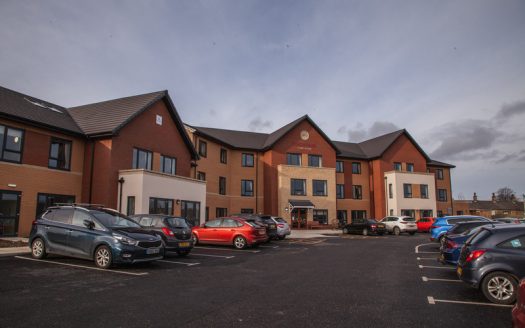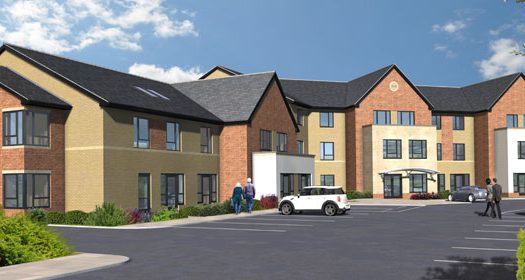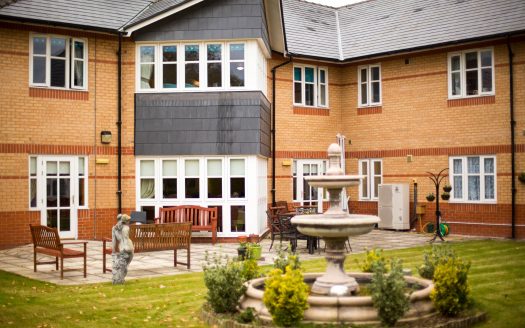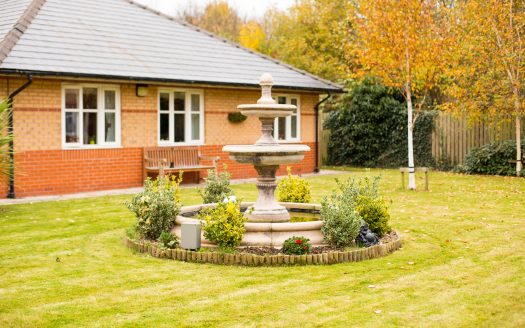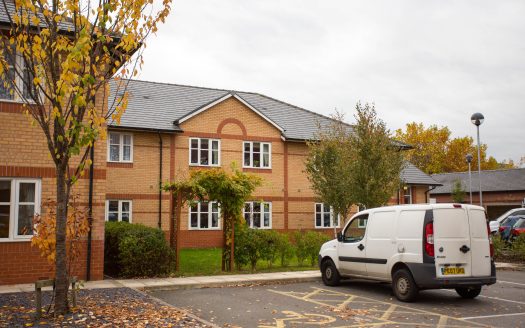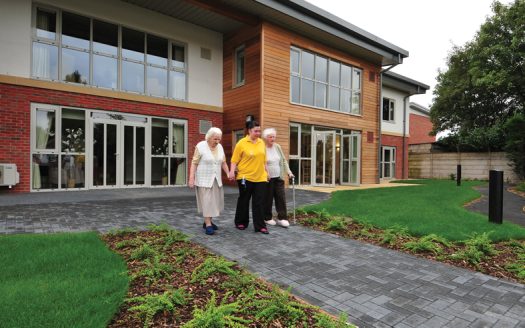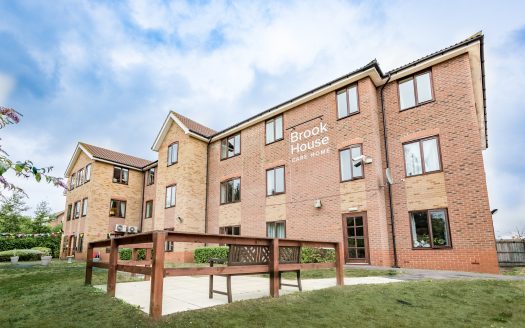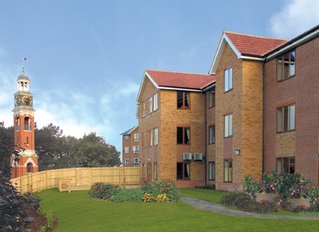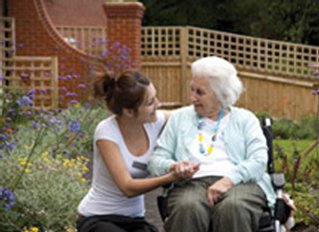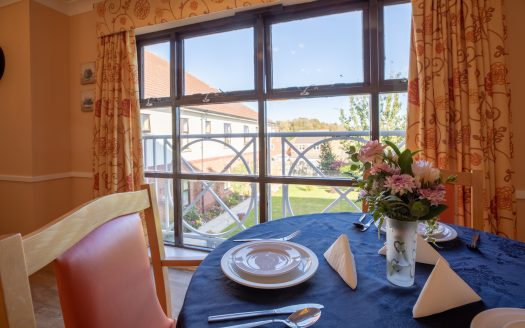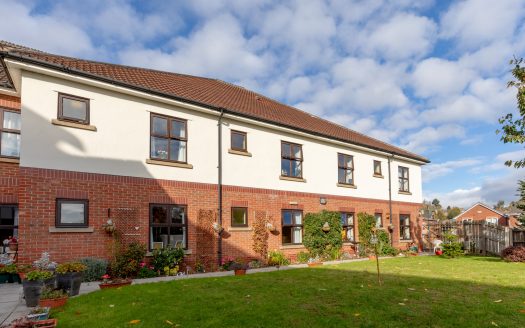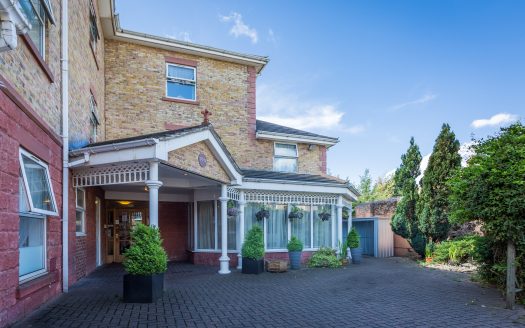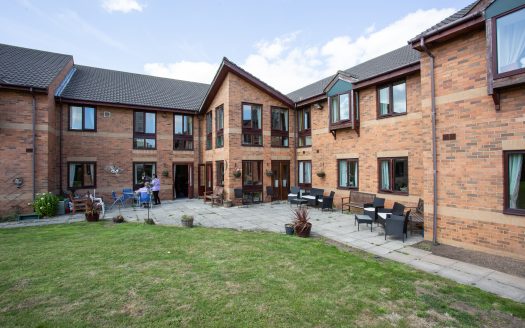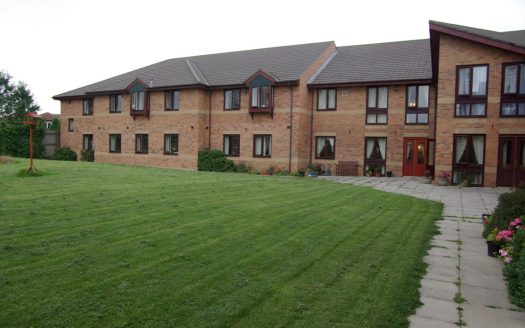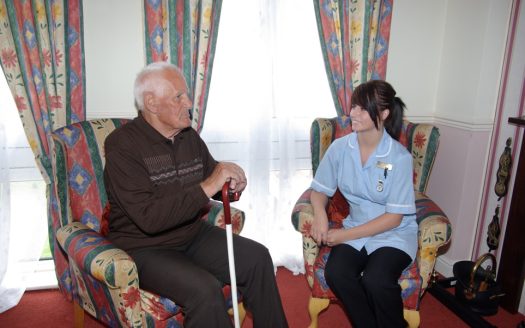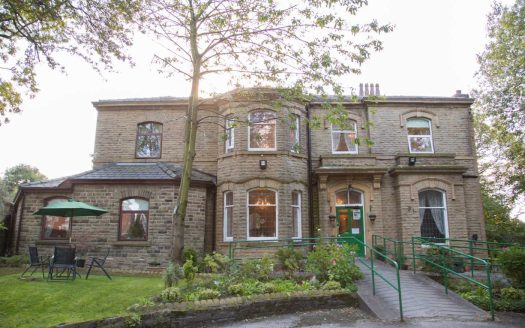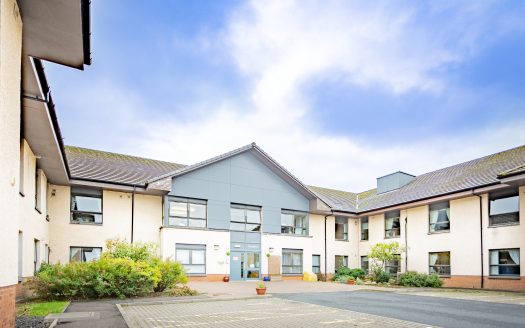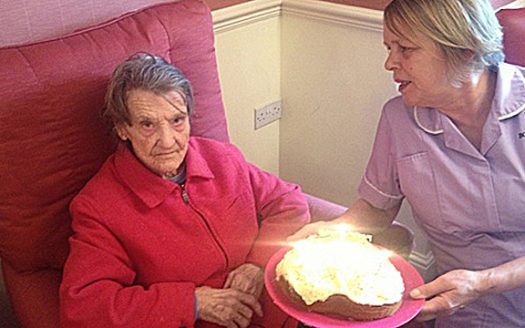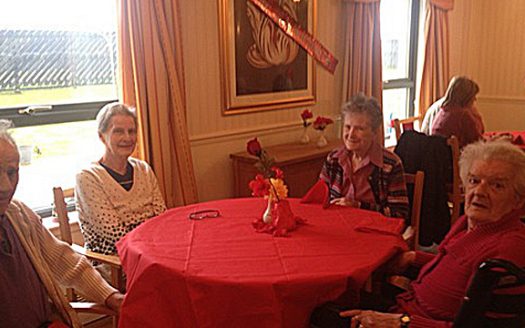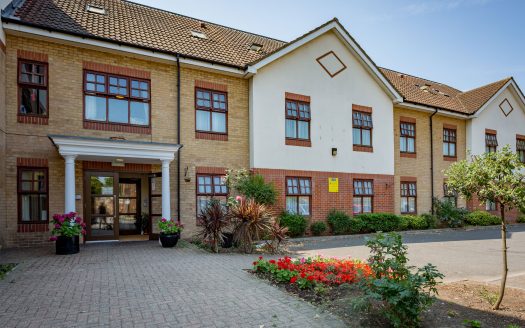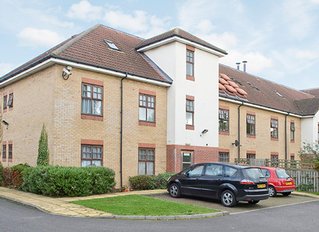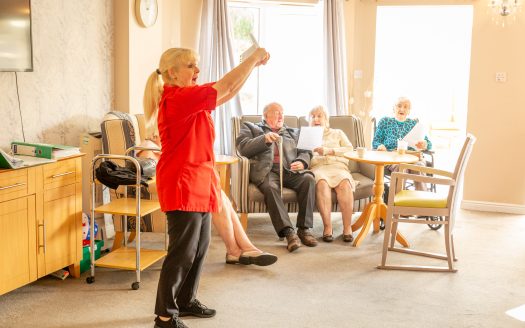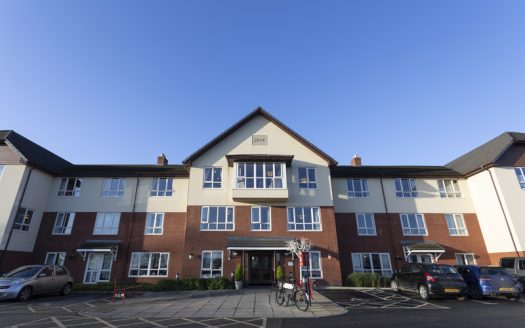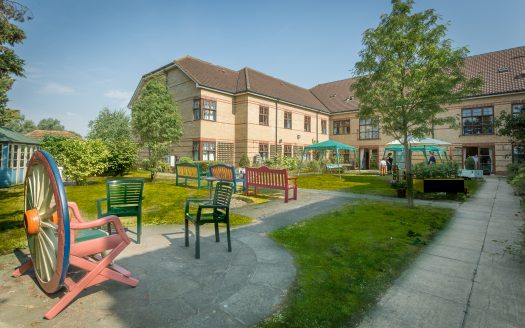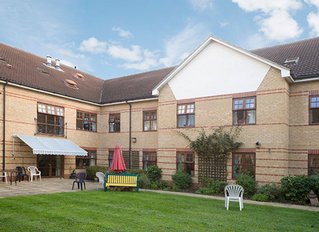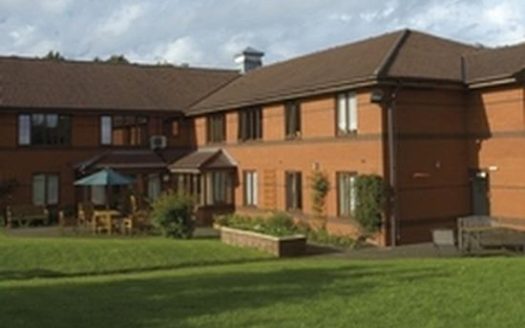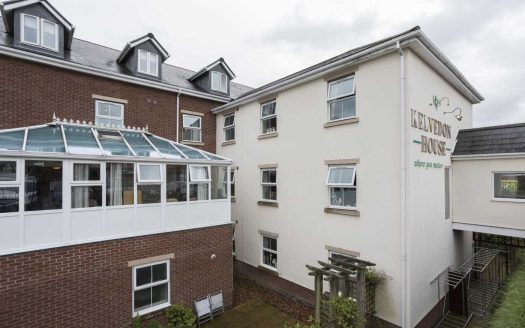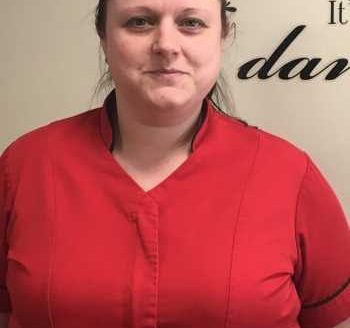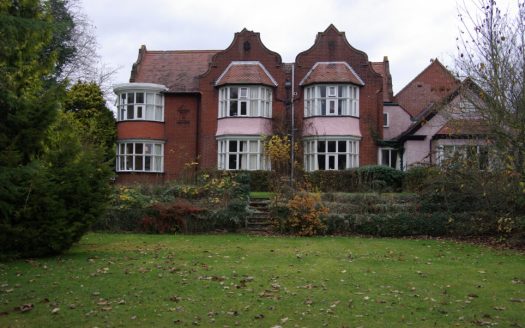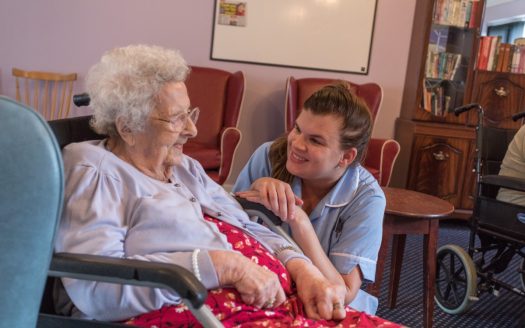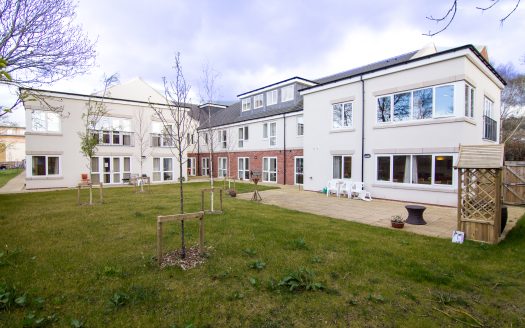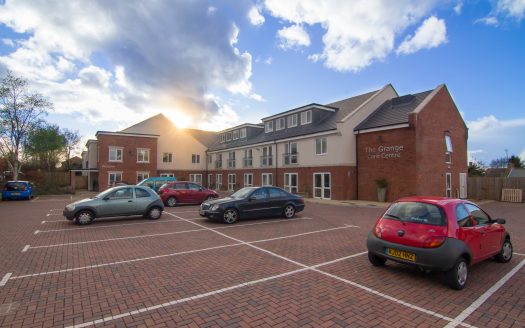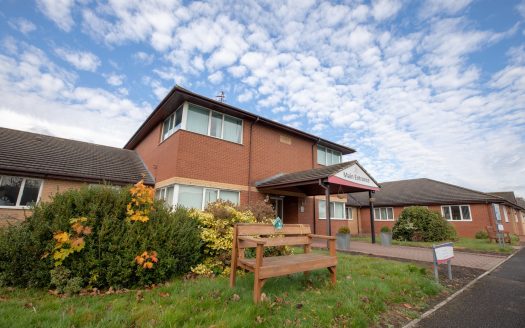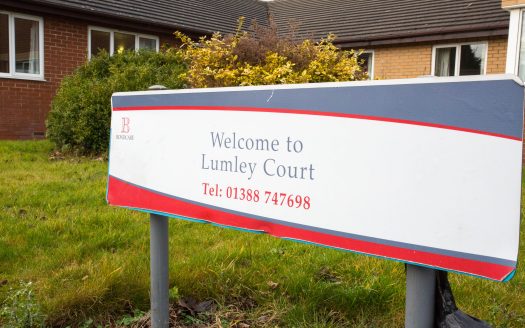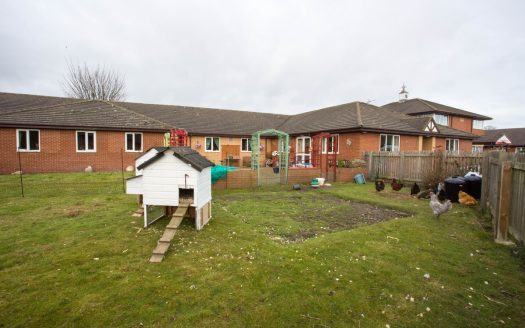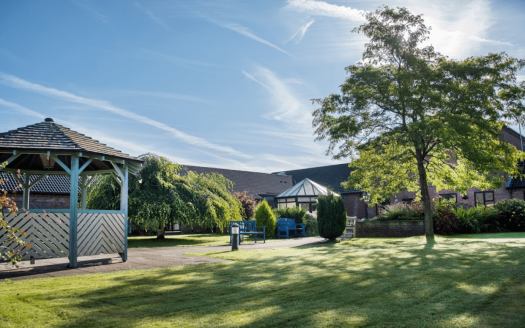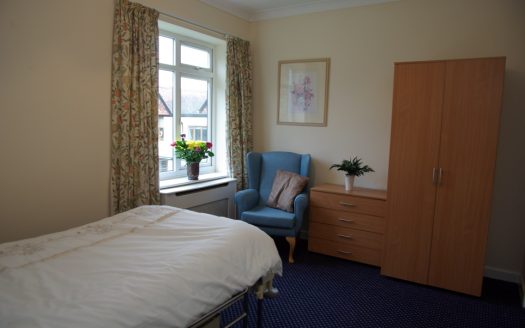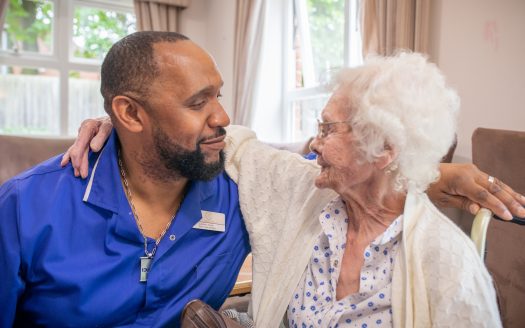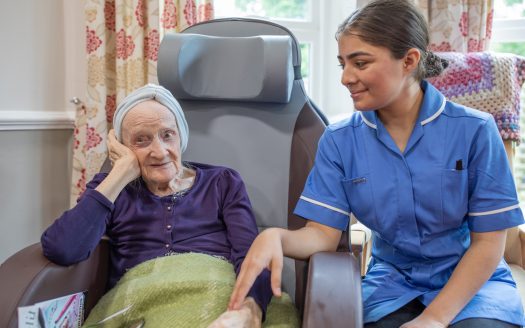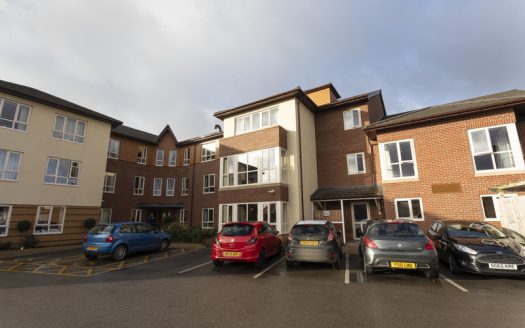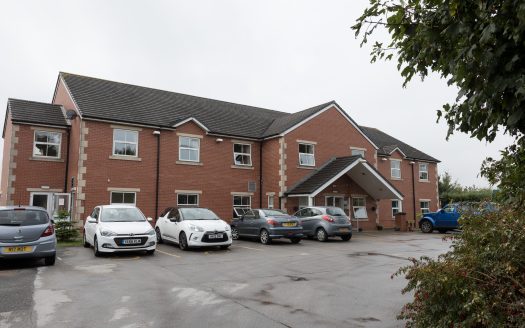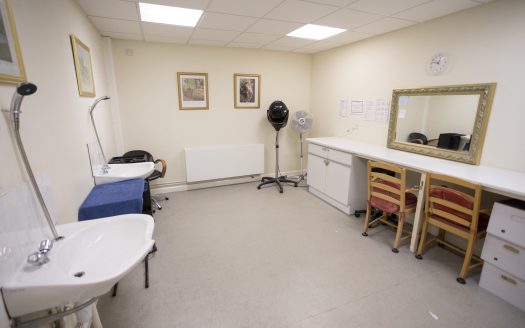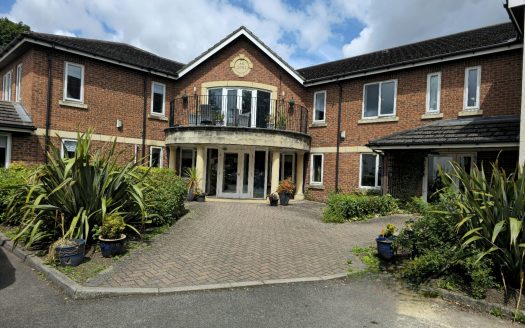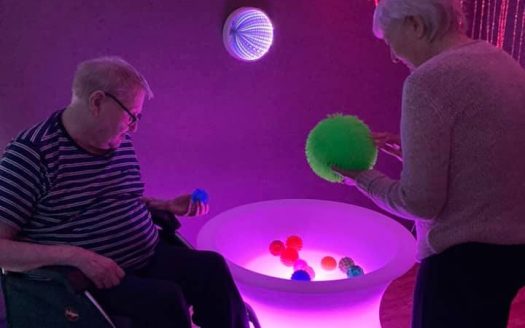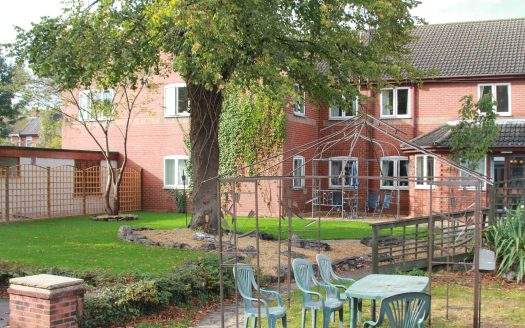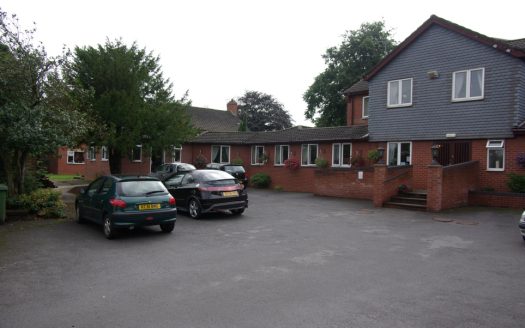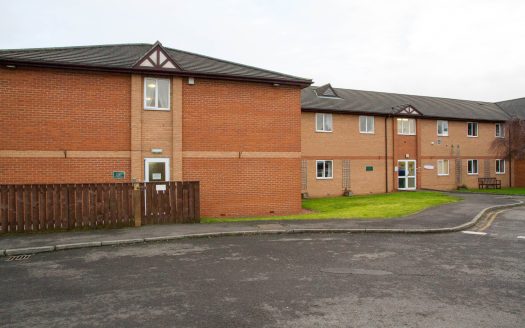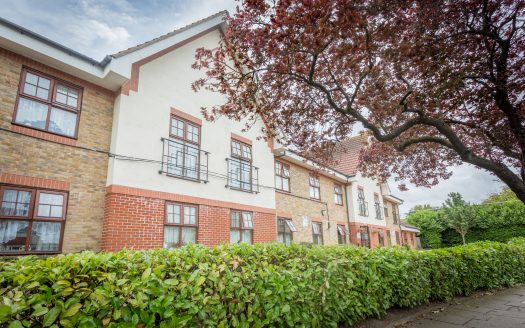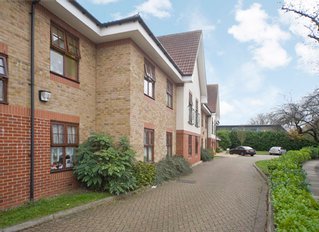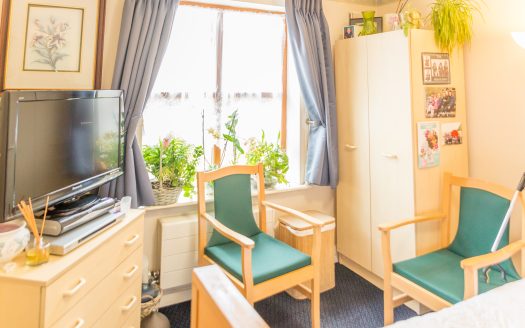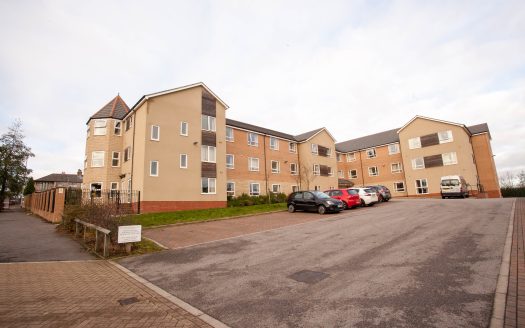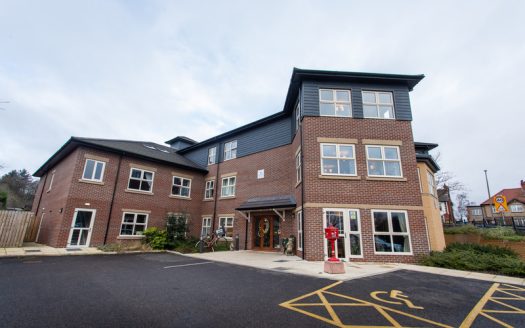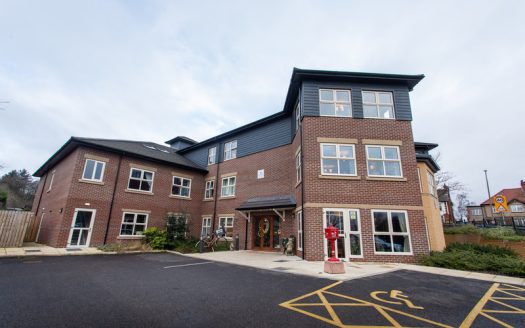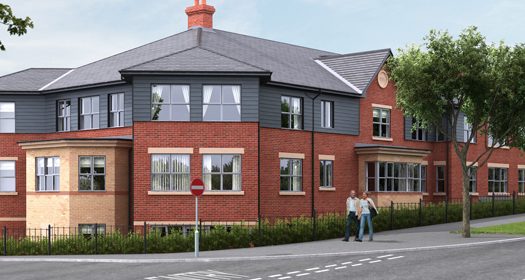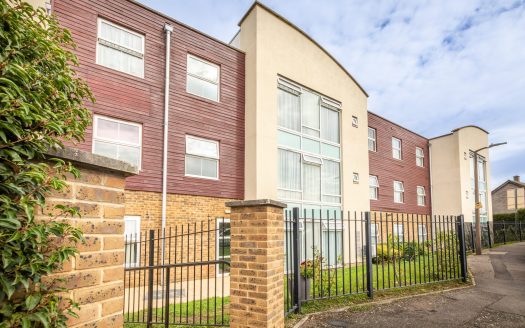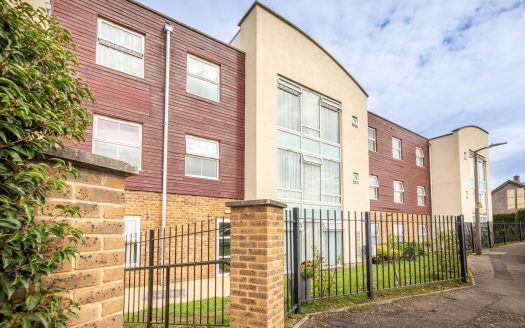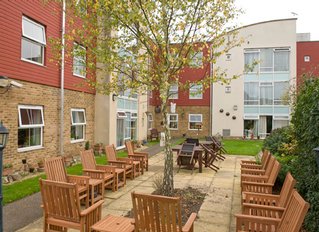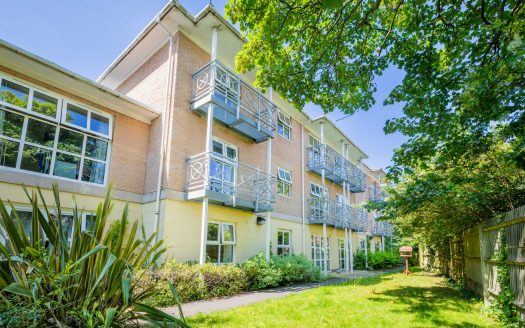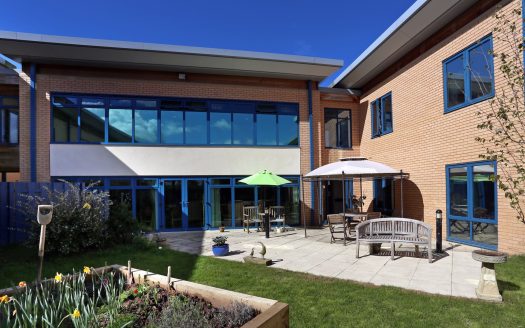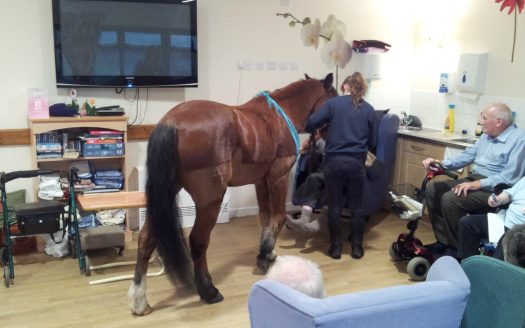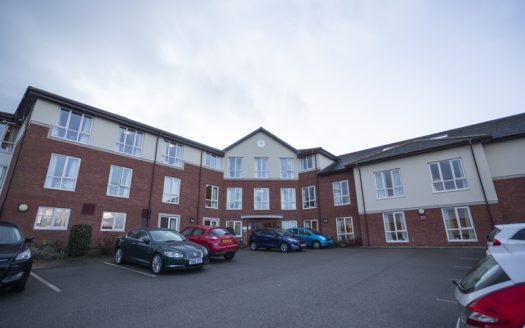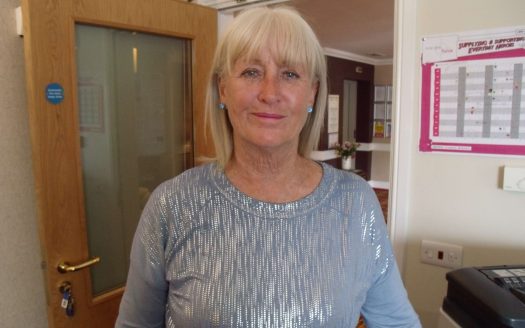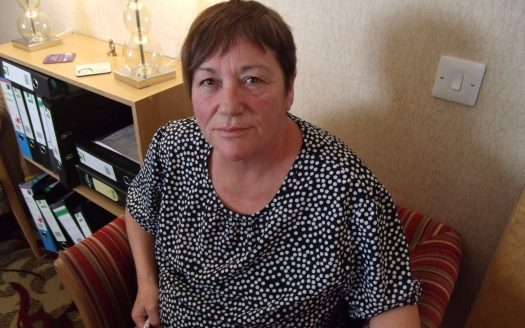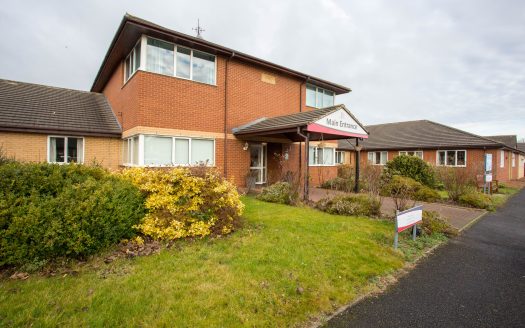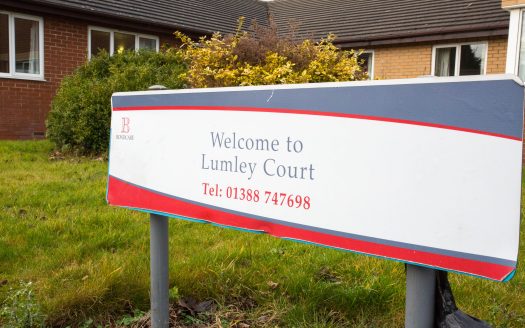Dementia Care
Making the move into assisted living can often seem like a daunting process, but at Bondcare Care Homes we make sure it is as comfortable and smooth as possible.
- FAQs
Read some of our frequently asked questions
All residents are entitled to change care homes if their current one isn’t the right fit for them – perhaps they are struggling with the adjustment or the location has hindered their family from visiting as regularly as they’d like. Referring to the terms and conditions of the contract will prevent any problems so that this is a smooth process.
Being surrounded by items from home can allow new residents to feel more comfortable and settled. At Bondcare, we welcome small items of furniture – such as a favourite armchair – and other treasured belongings – including photographs – so residents can personalise their rooms. All electrical items will be PAT tested and furniture will undergo a fire risk assessment to protect the safety of our residents and staff.
Our staff would be happy to show you around the home, but it is always advisable to book ahead to ensure that someone will be available to guide you around and provide you with all of the information you need to know.
Our staff would be happy to show you around the home, but it is always advisable to book ahead to ensure that someone will be available to guide you around and provide you with all of the information you need to know.
Visiting one of our homes is easy, either make an appointment with the home manager or simply drop in to be shown around!
Follow us on Facebook
What is Dementia?
Dementia is a syndrome which is commonly associated with the continuing decline of brain functioning. There are many different causes of dementia and it can often be confused with Alzheimer’s disease.
Someone with dementia may begin to have problems managing their emotions, or will start to become uninterested in hobbies or their usual everyday activities. They may also find social situations challenging, and therefore, they may start to decline outings with friends or turn down the opportunity to meet new people.
Dementia can progress to the point where the person will lose the ability to remember people or events that have happened in their life. They may even start to hear or see things which aren’t actually there.
As a result of this debilitating syndrome, a person with dementia will need continuous help and support from family and friends. Often, this may involve relatives making decisions on behalf of their loved one, as the dementia progresses.
What are the Symptoms of Dementia?
There are many signs and symptoms of dementia, including:
- Memory loss
- Difficulty concentrating
- Losing the ability to carry out daily tasks
- Mood swings
- Struggling to follow or become involved in conversation
- Confusion about what time it is or where they are
- Decision making becomes difficult
- They’re unable to make judgements
- Planning and organisation can become difficult
Often, these symptoms will start off relatively mild and progress or worsen over time. This is often termed “mild cognitive impairment” (MCI), as the symptoms aren’t yet severe enough to be diagnosed as dementia. You may not notice these symptoms at first, although family and friends (or other people who know you well) will.
Dementia is not an inevitable or normal part of ageing. Therefore, if you or someone you know begins to display these behaviours or symptoms, it’s better to visit your GP as soon as possible.
What are the Different Types of Dementia?
Despite common belief, dementia comes in many forms, and some are more severe than others. The different types of dementia include:
Vascular Dementia
This is the second most common type of dementia, affecting approximately 150,000 people in the UK alone. The symptoms of vascular dementia occur when the brain becomes damaged due to its lack of blood supply. There are different types of vascular dementia, these are:
- Stroke-related dementia
- Post-stroke dementia
- Single-infarct and multi-infarct dementia
- Subcortical dementia
- Mixed dementia (vascular dementia and Alzheimer’s disease)
Dementia with Lewy Bodies (DLB)
This type of dementia accounts for 10-15% of all dementia cases in the UK. DLB can often be misdiagnosed, being mistaken for Alzheimer’s disease instead. Lewy body dementia is another term used to describe DLB. Lewy bodies can also cause Parkinson’s disease, affecting the brain and nervous system which will gradually worsen.
Frontotemporal dementia (FTD)
FTD covers a wide range of conditions. It can sometimes be called Pick’s disease or frontal lobe dementia. ‘Frontotemporal’ refers to damaged lobes of the brain as a result of dementia. Frontal lobes are found behind the forehead and control our behaviour, problem-solving abilities, planning, organisation and control of emotions. The area to the left of the frontal lobe controls our speech. FTD occurs when nerve cells in the frontal and/or temporal lobes of the brain begin to die, causing the pathways that connect the two lobes to change. FTD is a less common form of dementia, meaning the majority of people may not have heard of it.
Young-onset dementia
If someone has dementia who is under the age of 65, then they will be diagnosed with young-onset dementia. Dementia is not determined by a person’s age, although younger people will have different needs and will need to be supported in a different way to someone who is over the age of 65 and living with dementia.
To learn more about the different types of dementia, visit the Alzheimer’s Society website.
Dementia care at Bondcare
The decision to move into a residential care home, whether this be for yourself or for a loved one, can seem daunting and overwhelming. A person with dementia will need more care and support as their condition progresses, leaving yourself and loved ones unable to provide the proper care needed to keep them happy and comfortable. As there are different types of dementia, each individual patient will need a personalised care plan, so they are comfortable in their environment for the duration of their stay.
Caring for a person with dementia requires a lot of time and patience, which is why specialist dementia care homes may be the best choice for yourself or a loved one. Here at Bondcare, we have a selection of dementia care homes, so you can choose the best one for your individual needs, located throughout the United Kingdom. Take a look through our specialist care homes and get in touch with a member of our friendly team if you have any queries.
Find a Care home providing 24/7 Residential Care, Alzheimer's Care, Dementia Care, Residential Care, Respite Care
View our Homes specialising in Dementia Care
- Types of Care
- 24/7 Nursing Care
- 24/7 Residential Care
- Acquired Brain Injury Support
- Alzheimer's Care
- Autism Care
- Bipolar Disorder
- Challenging Behaviours
- Complex Epilepsy Support
- Dementia Care
- Disability Care
- Drug And Alcohol Misuse Care
- Elderly Care
- End Of Life Care
- Head/Brain Injury Care
- Huntington's Disease
- Learning Disability Care
- Mental Health Care
- Motor Neurone Disease
- Multiple Sclerosis
- Nursing Care
- Palliative Care
- Parkinson's Disease
- Physical Disability Care
- Post Stroke Care
- Re-Enablement
- Residential Care
- Respite Care
- Sensory Impairment Care
- Specialist Care
- Substance Misuse Support
- Supported Living
- Young Adults Support
- Younger Adults Care
- Categories
- Long-Term Stay
- Palliative Care
- Recovery Care
- Respite Care
- Short Term Stay
- States
- Cities
- Ashton-under-Lyne
- Barnsley
- Benwell
- Bicton Heath
- Billingham
- Birmingham
- Bradford
- Burton-on-Trent
- Carlton
- Castleford
- Cheltenham
- Cheswardyne
- Cleckheaton
- Dagenham
- Dartford
- Dewsbury
- Doncaster
- Drayton
- Eastington
- Elton
- Feltham
- Fordcombe
- Halifax
- Hayes
- Huddersfield
- Husbands Bosworth
- Ilford
- Kilmarnock
- Leeds
- London
- Luton
- Middlesbrough
- Newbiggin-by-the-Sea
- Normanton
- Okehampton
- Oldham
- Oswestry
- Pontefract
- Romford
- Scunthorpe
- Sheffield
- Shildon
- Shiplake
- Skelmersdale
- Southall
- Southampton
- Southwell
- Stapenhill
- Thamesmead
- Thornton Heath
- Thorpe St Andrew
- Wakefield
- Wargrave
- Washington
- Wednesbury
- Willington, Crook
- Wirral
- Wolverhampton
- Worcester
- Areas
- East Midlands
- Gloucestershire
- London
- North East
- North East|Stockton-on-Tees
- North West
- Scotland
- South East
- South West
- Staffordshire
- West Midlands
- West Yorkshire
- West Yorkshire|Yorkshire
- Wirral
- Yorkshire
- Price High to Low
- Price Low to High
- Newest first
- Oldest first
- Newest Edited
- Oldest Edited
- Bedrooms High to Low
- Bedrooms Low to high
- Bathrooms High to Low
- Bathrooms Low to high
- Default
Abbey Hey Care Home
You can contact Kim Pearce via phone: 0161 624 4115
Alexander Court Care Centre
You can contact Abbi Sanusi via phone: 0208 709 0080
Allan Court Care Home
You can contact Anthony Grist via phone: 0191 274 1100
Allington House Care Home
You can contact Maureen Massey via phone: 01642 565 839
Ashurst Park Care Home
You can contact Jomina Gilles via phone: 01892 709 000
Ashwood Care Centre
You can contact Roxana Briniza via phone: 0208 573 1313
Beechcare Care Home
You can contact Steph Larby via phone: 01322 628000
Bentley Court Care Home
You can contact Sue Shelley via phone: 01902 722 100
Birch Park Care Home
You can contact Jacqui Foxton via phone: 0151 644 0777
Birch Tree Manor Care Home
You can contact Jacqui Foxton via phone: 0151 644 0777
Bromford Lane Care Home
You can contact Judy Williams via phone: 0121 322 0910
Brook House Care Home
You can contact Jacqueline Perdrix via phone: 0208 3205 600
Chatsworth Grange Care Home
You can contact Nic Ibbotson via phone: 0114 235 8000
Clarendon Nursing Home
You can contact Mathini Navukkarasu via phone: 0208 689 1004
Cleveland View Care Home
You can contact Jenny Stubbs via phone: 01642 244977
Coppice Nursing Home
You can contact via phone:
Crossgate Care Home
You can contact Heather Taylor via phone: 01563 523 311
Derwent Lodge Care Home
You can contact Vincent Munieza (Carolyn Hope) via phone: 020 8844 2975
Donwell House Care Home in Washington
You can contact Victoria Brettwood via phone: 01914 167 663
Elm Park Care Home
You can contact Lindsay Pargin via phone: 01302 725 272
Elton Hall Care Home
You can contact Michelle Jones via phone: 01642 570 200
Fern Gardens Care Home
You can contact Vincent Munieza via phone: 0208 8444 860
Foxwood Lodge


You can contact via phone:
Green Lane
You can contact Sadie Suthern via phone:
Hamilton House Care Home
You can contact Dawn Davie (Deputy Michele Shann) via phone: 02392 385 448
Henwick Grange Care Home
You can contact Lauren Rose via phone: 01905 424 705
Herondale/Kingfisher


You can contact via phone:
Kelvedon House
You can contact Nicky McCaffer via phone: 0121 505 7775
Larchwood Nursing Home
You can contact Vanessa Sofia via phone: 01603 437 358
Lilleybrook Care Home
You can contact Kim Dundas via phone: 01242 225790
Lumley Court Care Home
You can contact Julie Gray via phone: 01388 747 698
Meadowbrook Care Home
You can contact Elle O’Hara via phone: 01691 653000
Moorland Gardens Care Home
You can contact Deborah Adams – Robinson via phone: 01582 439420
Oak Park Care Home
You can contact Paula Whitely via phone: 01924 459 514
Oldbury House Care Home
You can contact Sam Howell via phone: 01453 791 513
Owlett Hall Care Home
You can contact Wendy Johnson via phone: 0113 285 9710
Redworth House Care Home
You can contact Helen Reeve via phone: 01388 777 311
Richden Park Care Home
You can contact Gaby Walsh via phone: 01724 280 587
Richmond Court Nursing Home
You can contact Margaret Hemstock via phone: 01636 815 599
Southwell Court Care Home
You can contact Sara Scott via phone: 01636 815 599
Springfield Care Centre
You can contact tbc via phone: 01422 351626
Summerfield House Care Home
You can contact Coral Abrahams via phone: 01484 426 650
Sycamore Park Care Home
You can contact Mandie Vickers via phone: 0161 626 8522
The Glynn Living
You can contact Jessa Avail via phone: 020 8832 8600
The Fountains Care Centre
You can contact Jake Thompson via phone: 01924 730 560
The Grange Care Centre, Southall
You can contact Mawuli Mensa via phone: 023 8044 3061
The Hawthorns Care Home
You can contact Joanna Fisk via phone: 01274 028 590
The Uplands Care Home
You can contact Victoria darlow via phone: 01977 877 680
Willow Park Care Home
You can contact via phone:
Willington Care Village
You can contact via phone:
Frequently Asked Questions:
All residents are entitled to change care homes if their current one isn’t the right fit for them – perhaps they are struggling with the adjustment or the location has hindered their family from visiting as regularly as they’d like. Referring to the terms and conditions of the contract will prevent any problems so that this is a smooth process.
Being surrounded by items from home can allow new residents to feel more comfortable and settled. At Bondcare, we welcome small items of furniture – such as a favourite armchair – and other treasured belongings – including photographs – so residents can personalise their rooms. All electrical items will be PAT tested and furniture will undergo a fire risk assessment to protect the safety of our residents and staff.
Our staff would be happy to show you around the home, but it is always advisable to book ahead to ensure that someone will be available to guide you around and provide you with all of the information you need to know.
Every new resident to the care home will be assessed to ensure they receive the right type of care catered to their individual needs. Following this, a care plan will be created which sets out how the staff at the home will meet those needs for a comfortable stay. Care plans are typically reviewed on a monthly basis and are updated in the event there are any changes.
This will depend on your individual financial situation and care needs. If your finances total below a certain threshold, your local authority can contribute towards your fees – this can differ between countries in the UK, so make sure you familiarise yourself with this first. There are also some benefits options available that care home residents can claim, and the NHS also provides support with nursing care fees, too.
Should residents decide to bring small items of furniture or personal belongings, we are unable to accept responsibility in the event that they are lost or damaged, unless security precautions at the home have been compromised. It is strongly recommended that you arrange suitable contents insurance if you do decide to bring such items along with you.
Recommended by our families
My mum is a resident at this home, the staff are helpful and friendly. Despite her dementia and regular falls, all staff do everything to help with her quality of life. The food is lovely and regular entertainment and activities keep everyone active.
Birch Tree Manor Care Home
Our Associations


Support
Our Company
Get in touch
-
Bondcare House
18 Lodge Road
London NW4 4EF - [email protected]
- 020 8202 2277


